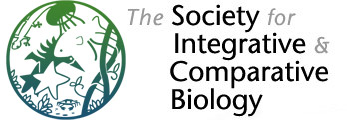The Cuban Cricket Crisis: New study identifies insect as the likely culprit behind alleged “sonic attacks” on U.S. diplomats in Havana
Society for Integrative and Comparative Biology (SICB)Just two years ago, the U.S. Embassy in Havana was bustling with U.S. personnel sent by the Obama Administration to restore diplomatic relations with Cuba. Today it is nearly empty. In late 2016, diplomats started hearing a loud, piercing noise. Two dozen of them reported symptoms such as ear pain and dizziness, and were diagnosed with injuries consistent with a concussion. Suspicions of politically motivated “sonic attacks” soon followed.
